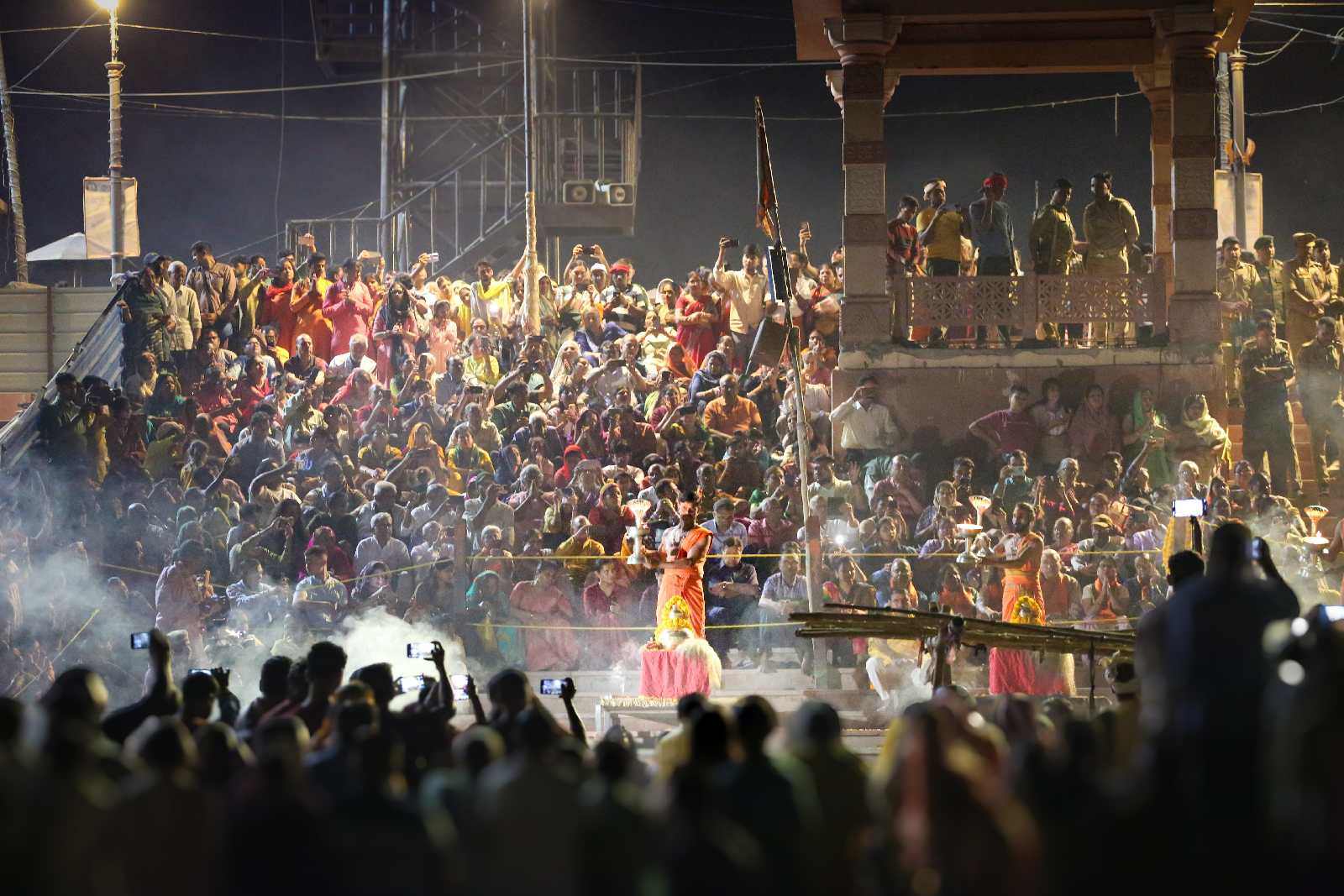Faith – The Invisible Thread That Binds Humanity
Faith – an ancient, intangible force – has traveled with Homo sapiens across time. From the flickering torchlight of prehistoric caves to the glowing screens of the digital age, humans have consistently placed their trust in the unseen. Despite scientific advancements and the rise of rational thought, faith remains a stubborn companion in our collective journey. Why? What is it about faith that keeps us tethered to the esoteric, to gods and to things we cannot empirically prove?
Let us explore this enduring mystery.
1. The Evolutionary Roots of Faith
To understand faith, we must first look at our evolutionary past. Early humans faced a world of unpredictable chaos – wild animals, natural disasters, disease and death. In such an uncertain environment, belief in higher powers provided a framework for understanding the unknown. Faith gave early humans a sense of control in a world that often seemed indifferent to their survival. From Sun Gods to Moon Gods to Water Gods, man has always made and found new Gods.
Evolutionary psychologists argue that faith may have conferred a survival advantage. Groups that believed in a shared spiritual system were more cohesive and cooperative. Rituals bound tribes together, and faith in the afterlife reduced the terror of death, making individuals more willing to take risks for the collective good. In this way, faith may have been naturally selected – a psychological adaptation to ease existential anxiety and promote group survival.
2. Faith as a Meaning-Making Machine
The human mind is a meaning-making engine. We are not satisfied with randomness; we crave stories that explain why things happen. Faith, whether in a divine being, fate or cosmic order, provides a narrative structure that makes life’s uncertainties more palatable.
Consider the questions that have haunted humanity since the dawn of time:
Why am I here?
What happens after I die?
Why do bad things happen to good people?
Faith offers answers where logic and science often fall silent. Even in the modern world, where much has been demystified, these existential questions remain. And where there are questions, faith rushes in to provide answers – or at least comfort.
3. Faith and the Fear of the Unknown
At its core, faith addresses humanity’s greatest fear: the unknown. Death, in particular, has always been a profound mystery. Faith in gods, an afterlife or spiritual realms softens the harsh finality of mortality.
Philosopher William James once remarked, “Faith is a bet you can't lose.” If there is no afterlife, the faithful lose nothing by believing. But if there is, their faith has secured them eternal peace. This “wager” is one reason faith remains resilient – it offers a hopeful antidote to our deepest fears.
4. Faith as a Social Glue
Historically, faith has not just been a private matter – it has been the foundation of civilizations. Religious systems have provided moral codes that govern human behavior. From the Ten Commandments to the teachings of the Bhagavad Gita, faith-based ethics have shaped legal and cultural frameworks across societies.
Faith also fosters communal identity. Humans are social creatures and shared beliefs create bonds. Whether through collective worship, rituals or festivals, faith pulls individuals together into a cohesive whole. It is no coincidence that some of the longest-lasting human institutions – temples, churches and mosques – are centered on faith.
5. The Psychology of Belief
Neuroscience suggests that the brain is wired for belief. Studies show that religious experiences activate the brain’s reward circuits – the same areas that respond to food, love and music. Faith, it seems, is not just a cultural artifact but a deeply ingrained part of our cognitive architecture.
Moreover, belief systems give people a sense of agency. When life feels out of control, faith restores a feeling of order. Studies during times of crisis – wars, pandemics, natural disasters – reveal spikes in religious participation. When rational systems fail to offer comfort, faith steps in.
6. Faith in the Secular Age
Even in an age of science and technology, faith persists – though it has evolved. While fewer people today identify with organised religion, many still express faith in unseen forces: the universe, karma or human goodness.
Modern "faith" also manifests in new forms – faith in technology, progress and even the invisible algorithms shaping our digital lives. Ironically, while science has displaced some ancient beliefs, it has not eradicated our need to trust in things beyond our comprehension.
7. Why We Will Never Abandon Faith
Faith endures because it is deeply human. It provides:
Comfort in the face of uncertainty.
Meaning in a world that often feels random.
Connection with others and the cosmos.
Hope that life extends beyond our finite years.
Perhaps, faith is not simply a vestige of our primitive ancestors. It may be the very thing that makes us human – a bridge between what is and what could be.
As long as there are questions without answers, as long as there is darkness in the human experience, there will be faith. And perhaps, in ways we cannot yet understand, faith itself is the answer.
“Faith is to believe what you do not see; the reward of this faith is to see what you believe.” – Saint Augustine








Comments
Post a Comment